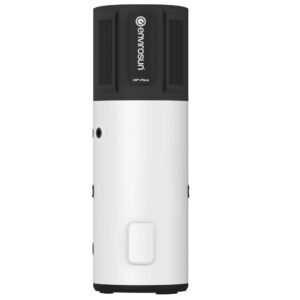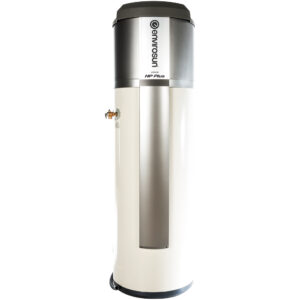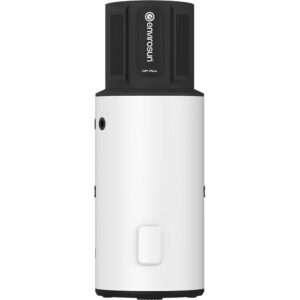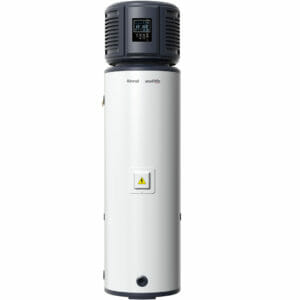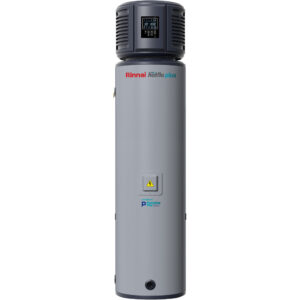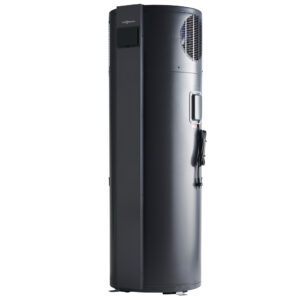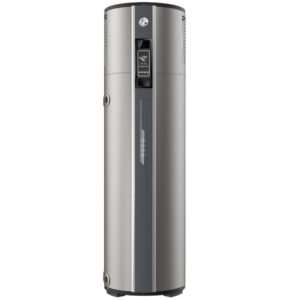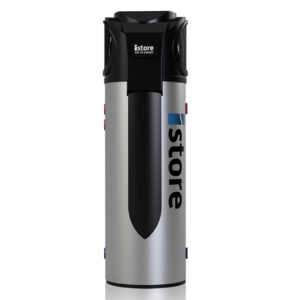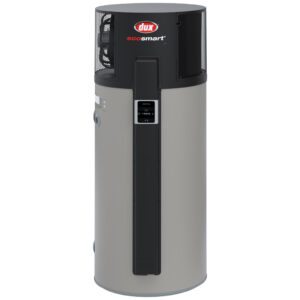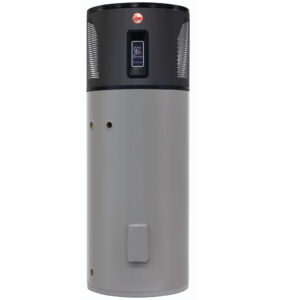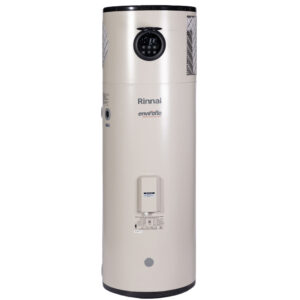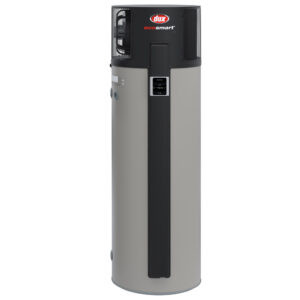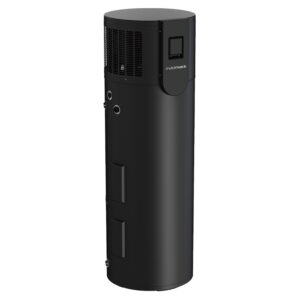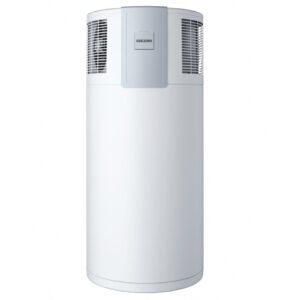FAQs About Domestic Hot Water Systems
Can you run out of hot water with a hot water heat pump system?
One common question about hot water heat pump systems is whether or not they have a limited supply of hot water. The answer is no - a hot water heat pump system can generate an unlimited supply of hot water. This is because the system does not actually generate heat, but instead transfers heat from the surrounding air to the water. As long as there is ambient air with heat energy, the system can continue to transfer that heat to your water supply.
How long do heat pump hot water systems last?
Hot water system heat pumps are a highly efficient way to heat water. These systems use electricity to draw heat from the surrounding air and transfer it to the water, resulting in lower energy consumption as compared to traditional hot water heating systems.
In terms of longevity, heat pump hot water systems can last many years with proper maintenance. However, it is important to keep in mind that the lifespan of these systems can also be affected by external factors such as extreme weather conditions or lack of regular maintenance.
Overall, if well maintained and installed in a suitable location, a heat pump hot water system can offer reliable performance for many years.
How efficient are hot water heat pumps?
When it comes to heating water, hot water heat pumps are increasingly becoming a popular option due to their energy efficiency. In fact, these pumps can be up to three times more efficient in their energy usage compared to traditional electric water heaters.
This is because hot water heat pumps utilize the heat from the surrounding air or ground to warm the water, rather than generating heat through electricity. Not only does this save on energy costs, but it also reduces the carbon footprint of a household or building.
How big a heat pump hot water system do I need?
When it comes to choosing a heat pump hot water system, size really does matter. That's because the size of the system will determine how much hot water it can produce and how efficiently it can do so. Generally speaking, the larger your household or the more hot water you typically use, the bigger the system you will need.
However, other factors such as climate and insulation can also affect your choice. Working with a professional can help ensure that you choose a system that meets your hot water needs without wasting energy and money.
In short, taking the time to carefully select the right size heat pump hot water system for your home can lead to long-term savings and improved efficiency.
What maintenance does a heat pump hot water system require?
Regular maintenance is key to maximising the lifespan and efficiency of your heat pump water system. This can include annual servicing by a professional to check the refrigerant levels, clean the air filters, and inspect the system for any potential issues. Some maintenance, like cleaning the outdoor unit from debris, can be done by homeowners.




